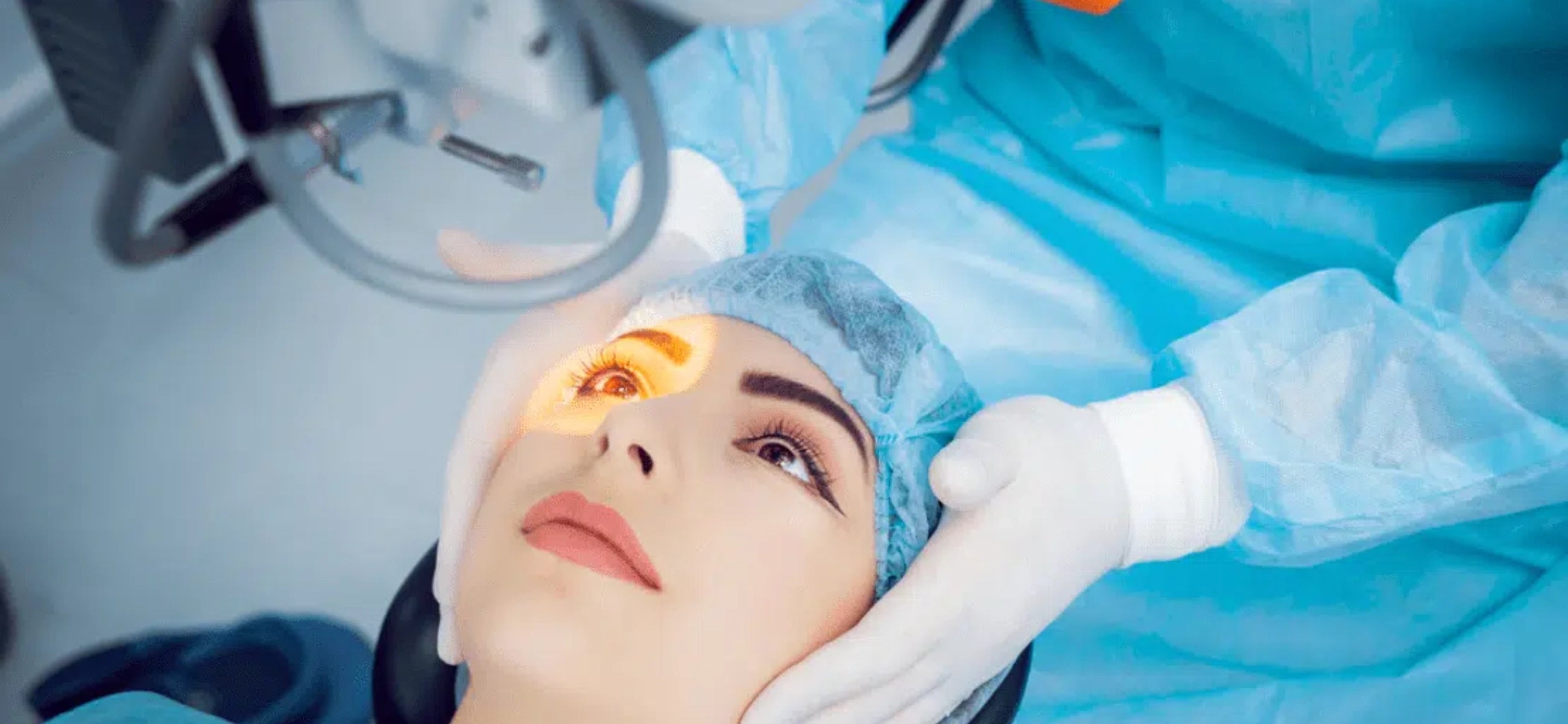
In this article
Cataract surgery is a life-changing procedure that swaps out your cloudy eye lens for a clear artificial one, letting you see the world in sharp detail again. It’s a quick fix for a common problem, but the healing period is where the magic truly happens. Post-op, you’ll get a list of precautions to follow. Naturally, this leads to burning questions like: Is it allowed to use a hair dryer after cataract surgery?
As hair dryer pros, we at Laifen didn’t want to leave you hanging. So, we consulted with specialists to get the scoop. The verdict? You can use a dryer, but tread carefully. Keep it on a low heat setting and hold it at a safe distance to avoid blasting hot air or dust into your recovering eyes. And while we’re at it, we’ve got more tips to help you. Read more!
Can I use a hair dryer after cataract surgery?
Yes, but it’s all about working smart, not hard. Fresh out of surgery, your eyes are like VIP guests—delicate and in need of extra care. While you don’t have to ditch your blow-drying routine entirely, there are a few golden rules to follow to keep your recovery smooth and your hair looking fabulous.
First, opt for low heat and a soft breeze. This is where Laifen hair dryers steal the show. Equipped with low-temp modes and a clever circular temperature control, they generate consistent heat that’s kind to both your hair and your healing eyes.
Now, a few things to avoid: don’t aim the dryer directly at your face, steer clear of dusty or humid environments, and always keep the airflow low. After about two to three weeks, you’re good to go, and you can use your hair dryer worry-free.
7 things not to do after your cataract procedure

There are a few things you absolutely shouldn’t do if you want a smooth, hassle-free recovery. Here’s your cheat sheet of seven things to avoid like the plague:
-
Don’t lift heavy stuff
Whether it’s grocery bags or that overly ambitious attempt at moving furniture, leave the heavy lifting for later. Straining can spike eye pressure and mess with your healing process.
-
No swimming for now
Pools, hot tubs, lakes—they all sound tempting, but they’re a bacteria party waiting to crash your recovery.
-
Hands off your eyes
Even if your eyes feel itchy or gritty, resist the urge to rub. You don’t want to risk shifting your new lens or inviting germs to the party.
-
Skip the eye makeup
Your favorite mascara or eyeliner can wait. These products are notorious for harboring bacteria, and now’s not the time to test your luck.
-
Pause on driving
Your vision might be a bit funky for the first few days. Let someone else take the wheel until your doctor says you’re good to go.
-
Avoid dusty or polluted areas
Dust, smoke, or harsh chemicals? Big no-nos. These irritants can wreak havoc on your eyes when they’re in recovery mode.
-
Hold off on hardcore workouts
Chill with the gym heroics. Intense physical activity can spike pressure in your eyes. Stick to leisurely strolls for now.
Basic things you can do after your cataract procedure
Now, let’s talk about the everyday things you can do while your eyes are on the mend. Spoiler alert: life doesn’t have to come to a grinding halt.
-
Take it easy with light activities: You’re free to stroll around the house or take a gentle walk outside. No need to sit still like a statue—just keep it mellow and avoid anything too intense.
-
Be an eye drop MVP: Your prescribed eye drops are non-negotiable. These little heroes help prevent infections and keep inflammation in check. Stay consistent, and your eyes will thank you.
-
Rock those sunglasses: Your eyes might be a bit sensitive to light post-surgery. Pop on a pair of shades whenever you head out—they’re like a stylish force field against harsh sunlight and dust.
-
Get your beauty sleep: Rest is your best friend. It gives your body, and more importantly, your eyes, the downtime they need to recover properly.
-
Stick to the game plan: Follow your doctor’s advice to the letter. Got a follow-up appointment? Don’t skip it. Those check-ins are key to making sure everything’s healing as it should.
How long does it take to recover from cataract eye surgery?
Most people notice sharper vision within a couple of days, but full recovery typically takes around 4 to 6 weeks. During this time, your eyes are adjusting to their new lens and healing up nicely. It’s a gradual process, but the results are so worth it.
|
Timeframe |
What’s happening |
|
24-48 hours |
Blurry vision, mild discomfort, light sensitivity—your eyes are adjusting. |
|
1 week |
Vision sharpens, most initial symptoms ease. Follow-up with your doctor. |
|
2-3 weeks |
Vision continues to improve, you can resume light activities. |
|
4-6 weeks |
Full recovery! Vision stabilizes, and most restrictions are lifted. |
In the first 24 to 48 hours, you might experience some blurriness, a bit of itchiness, or light sensitivity. By the end of the first week, your vision will start clearing up significantly, and discomfort will ease off. Around week two, you’ll feel almost back to normal, though your vision will continue to refine itself. By week six, it’s smooth sailing—most people are fully healed and ready to enjoy their crystal-clear view of the world.
In closing
So, can you use a hair dryer after cataract surgery? Yeah—but it’s all about making smart choices. The type of hair dryer you use plays a huge role in your recovery comfort. That’s where Laifen’s negative ionic dryer steps in.
But remember, it’s about playing by the rules. Stick to low heat, keep the dryer at a safe distance, and avoid blasting air near your face. Recovery is your top priority, so follow the dos and don’ts your doctor gives you.


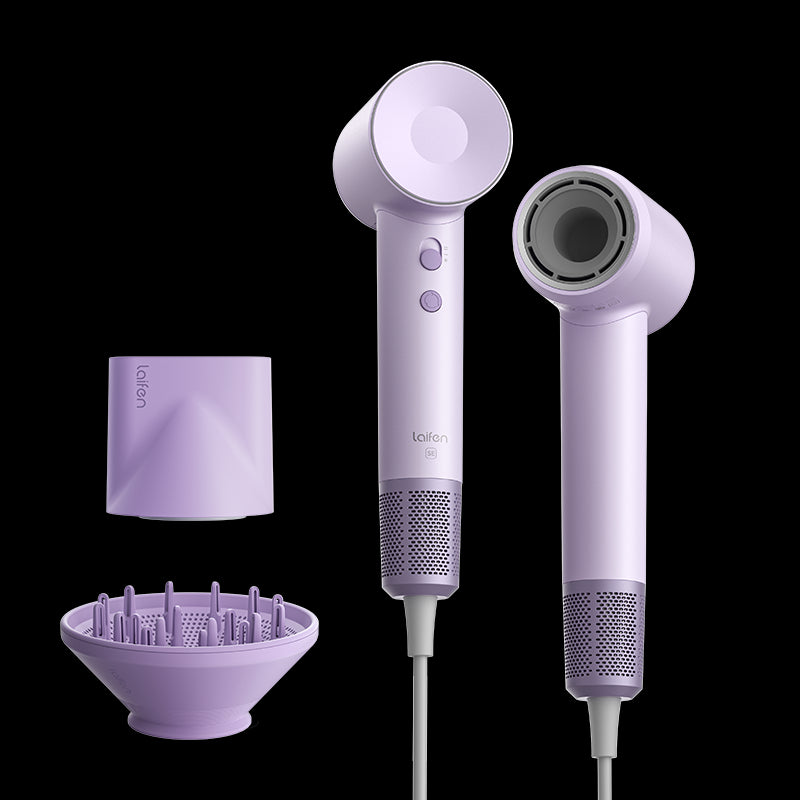


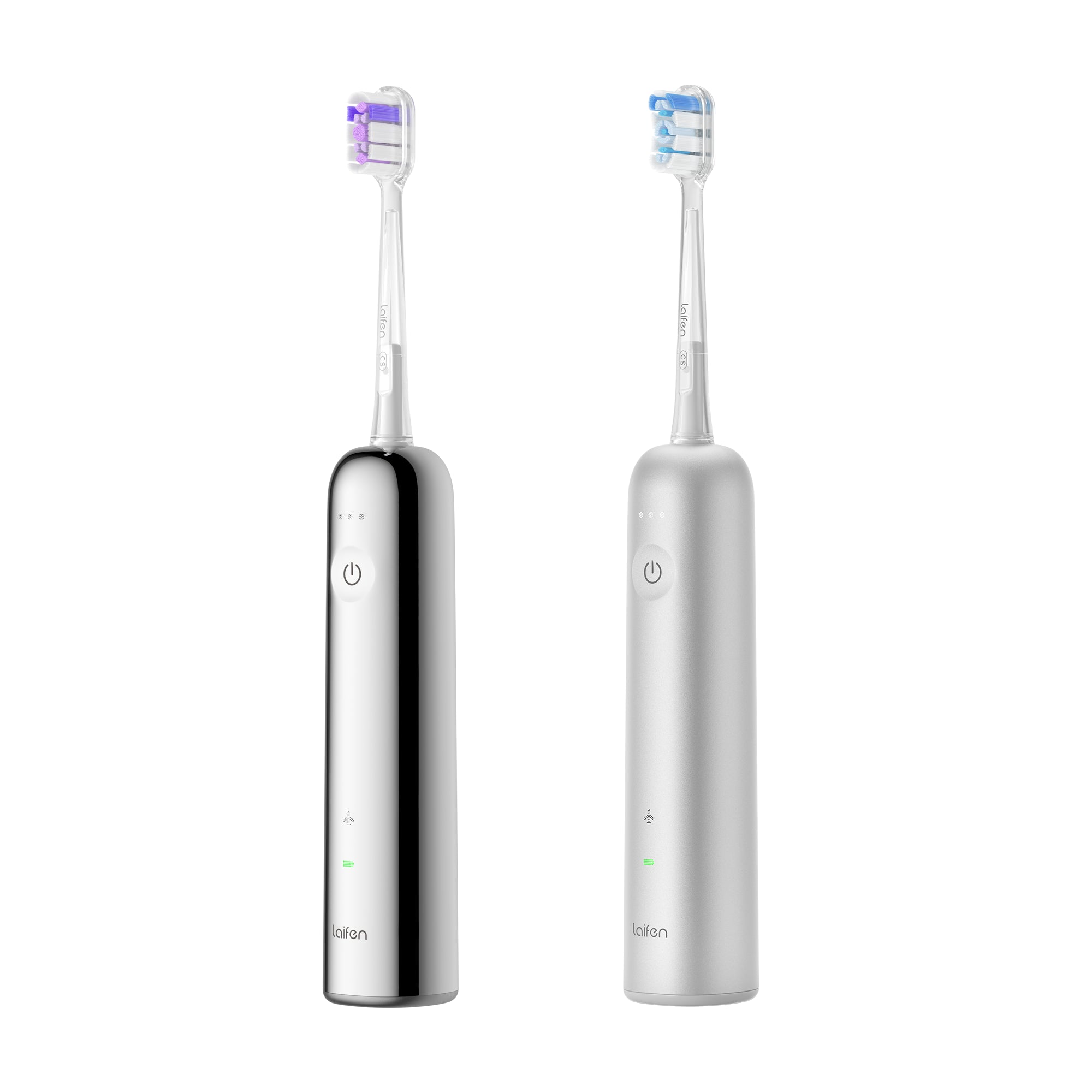
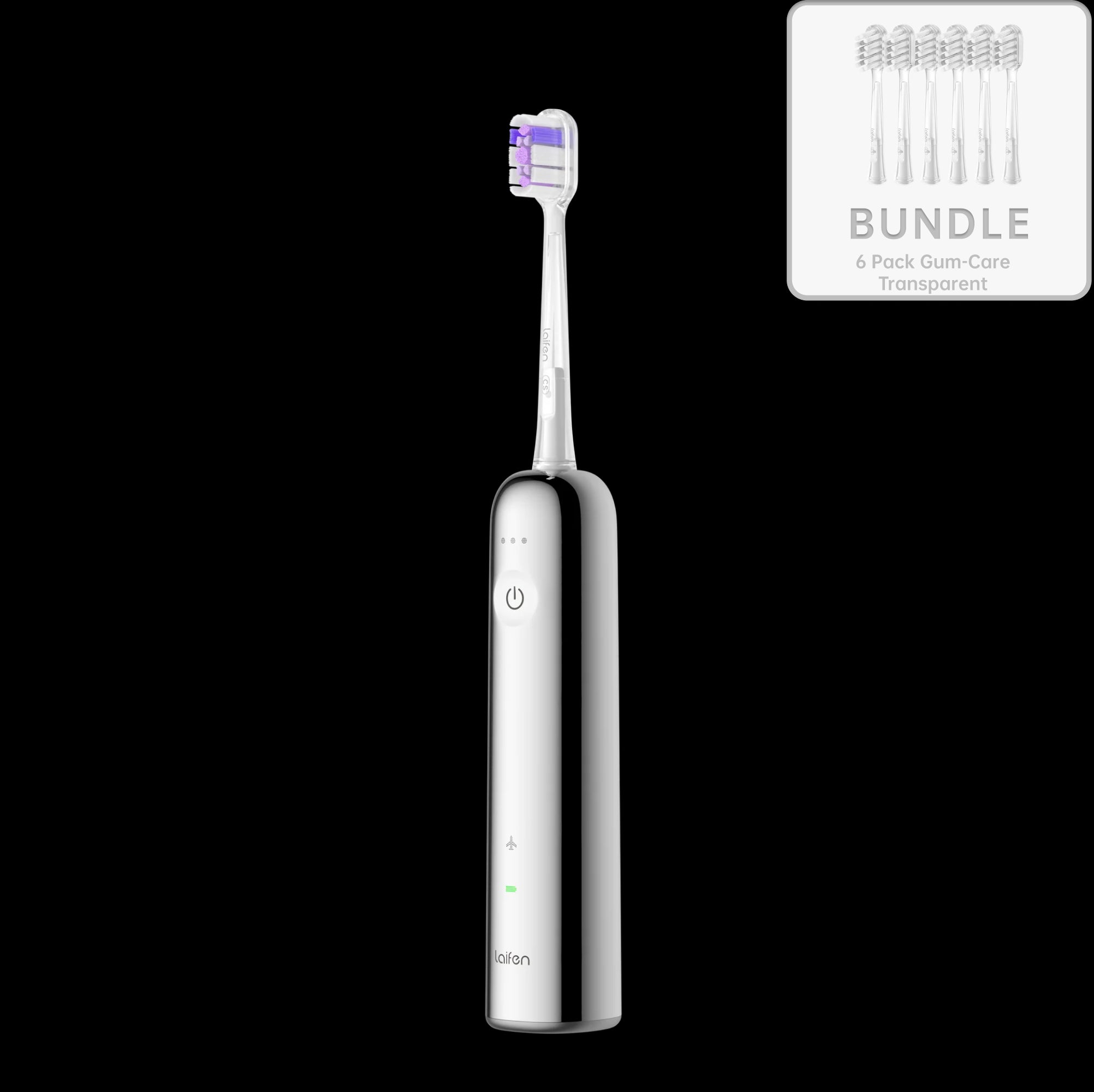
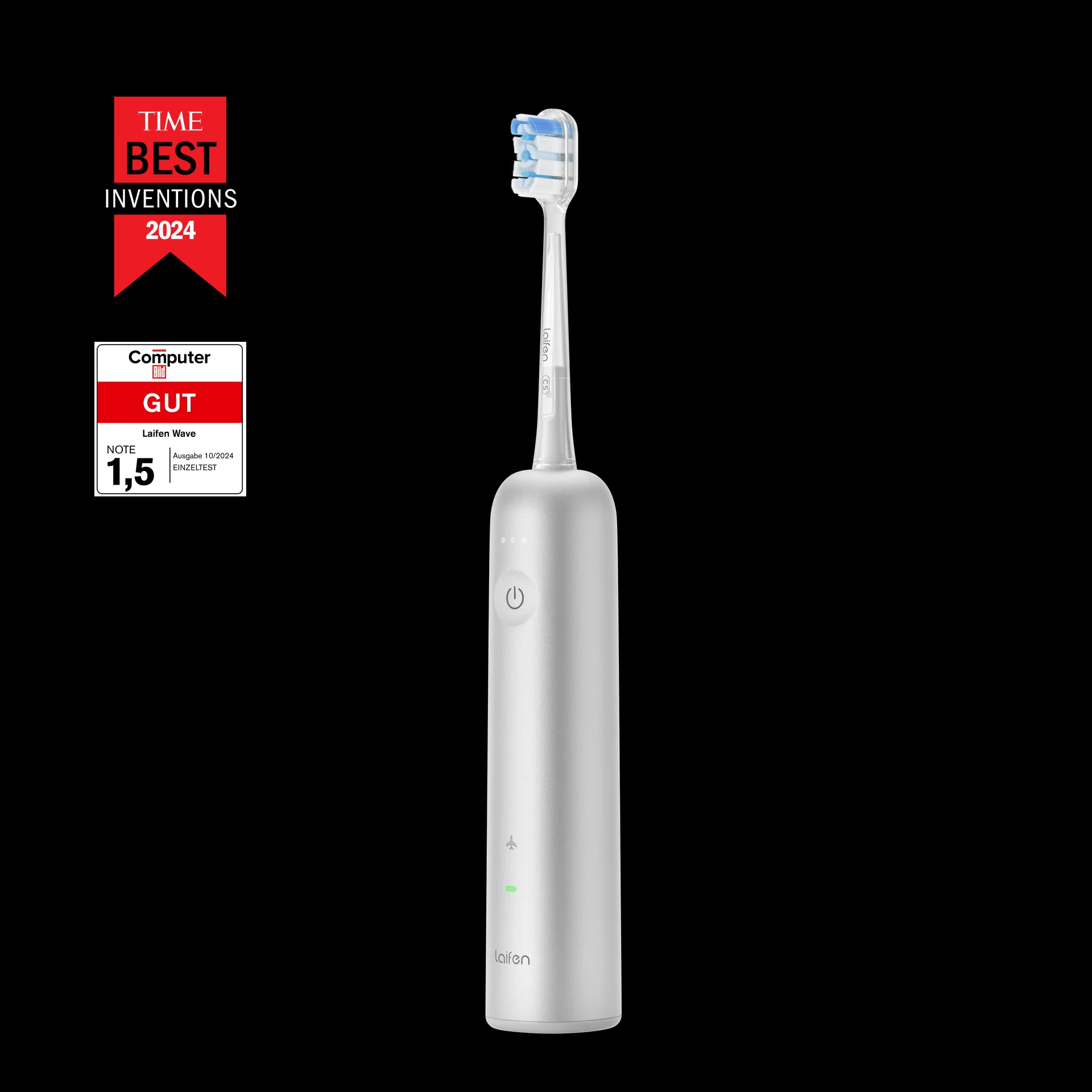





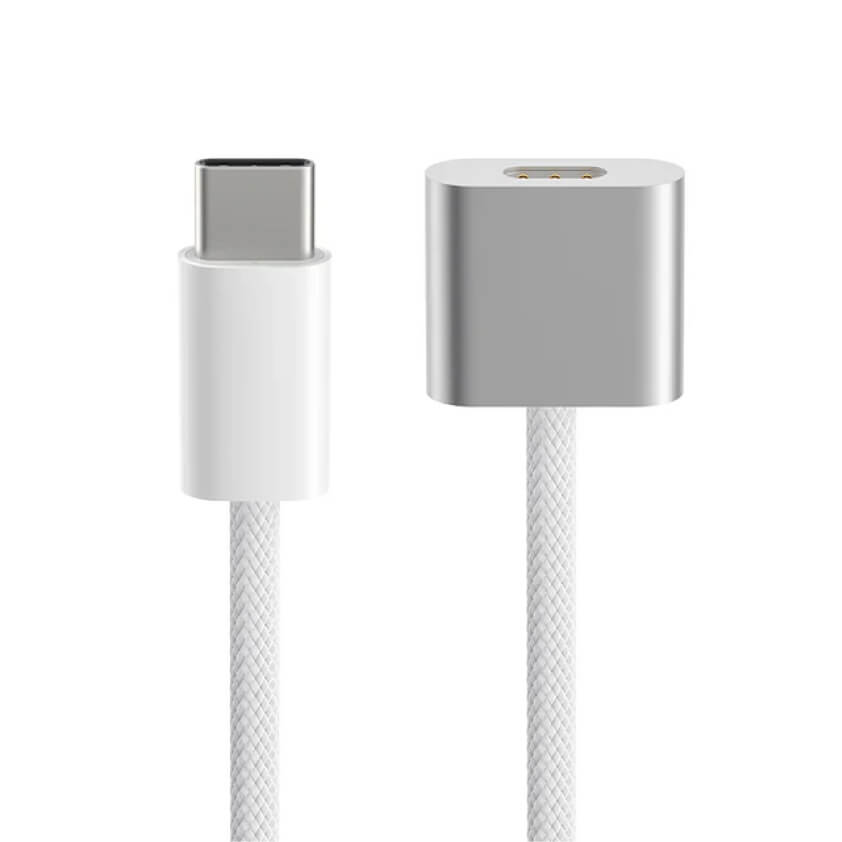


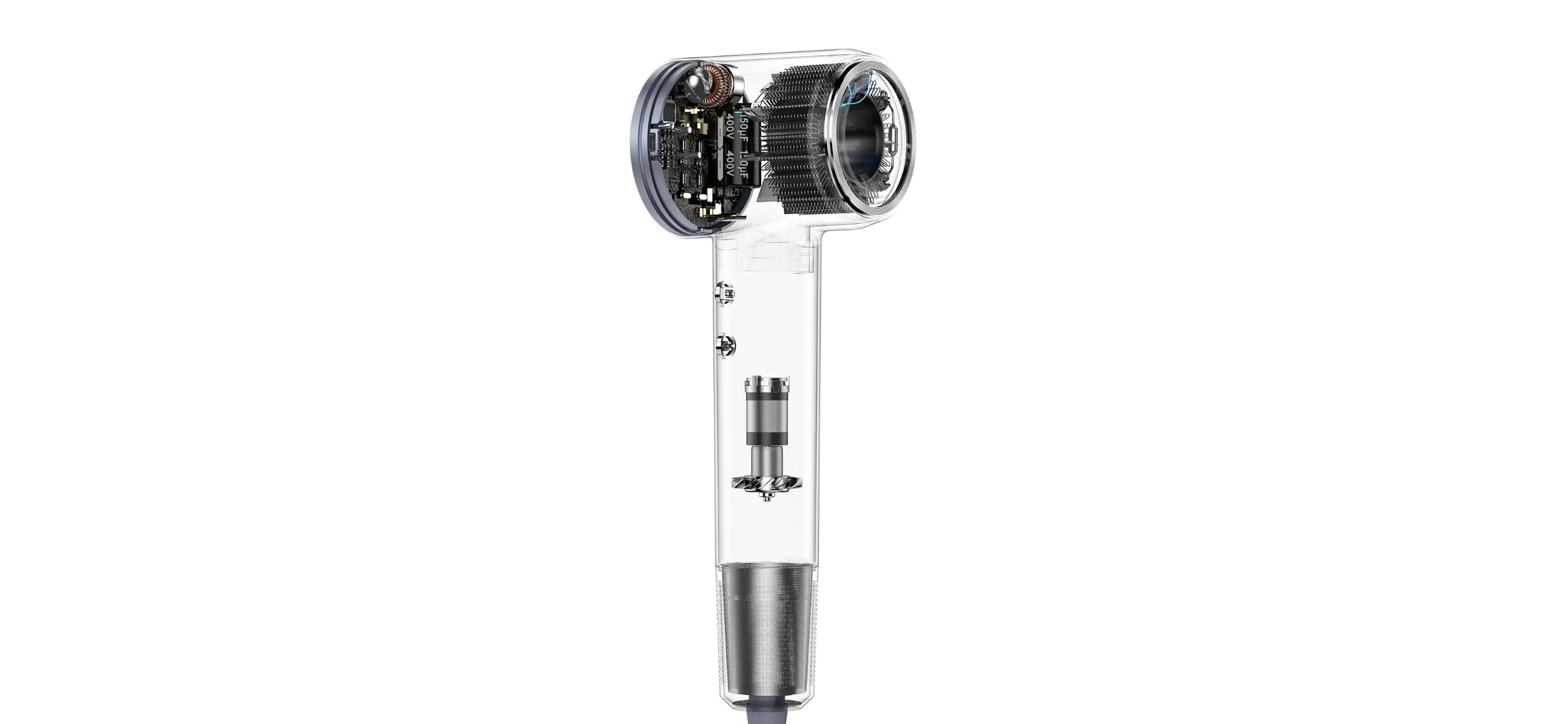




Muchas gracias por la valiosa información.